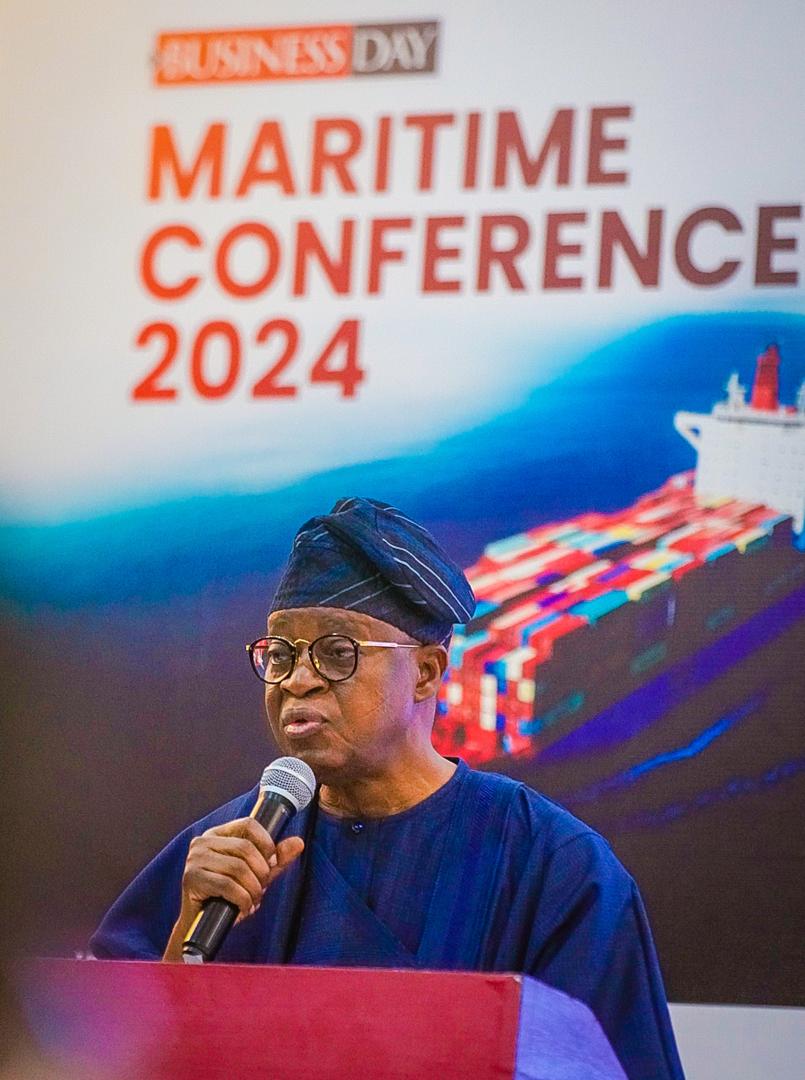Stakeholders within the Nigerian maritime sector have described allegations of misconduct against the Nigerian Maritime Administration and Safety Agency (NIMASA) with regards to the Memorandum of Understanding (MoU) with an Indian University, Springdale Academy of Maritime Education and Training Trust (SAMET), under the National Seafarers Development Programme (NSDP), as “baseless and unfounded.”
Sources within the ministry and the NIMASA dismissed the story that purported that the NIMASA DG, Dr. Dayo Mobereola was in “hot soup” as an orchestrated attempt at blackmailing him and the agency.
One of the sources said “This situation is a form of blackmail orchestrated by both internal and external stakeholders with interests in the SAMET deal, which is unfavorable to the cadets and the Agency.
“We have informed the Honourable minister about the atrocities we are encountering on the ground, and we must take action to correct them,” the source added.
It would be recalled that NIMASA was accused of violating the terms of the Memorandum of Understanding (MoU) between it and SAMET under the National Seafarers Development Programme (NSDP).
However, NIMASA insiders argue that the agency’s actions are rooted in necessary due diligence to protect the interests of 296 Nigerian cadets currently training in India.
According to these sources, NIMASA identified significant discrepancies in the MoU that warranted immediate attention. These included unauthorised changes in course duration, unapproved academic programme modifications, and undisclosed third-party arrangements—issues that could severely impact the cadets’ training and future employment prospects.
A key concern highlighted by the sources was the accreditation status of one of the training institutions at the time the MoU was signed.
It was further gathered that a course initially focused on Marine Engineering was later switched to Mechanical Engineering without NIMASA’s approval, a change that could extend the students’ studies by several years and create funding complications.
“These are not minor issues; they are serious breaches that could undermine the entire training program,” said a source familiar with the situation. “NIMASA is fully committed to ensuring that the cadets receive the highest quality education and training. We are not recalling any of them from India, but we are making sure that all issues in the current MoU are fully addressed before moving forward,” another source said.
The sources also emphasised that the recent media reports are part of a coordinated effort to discredit NIMASA’s leadership. “We are aware of the attempts to tarnish our reputation, but NIMASA will not be intimidated by such tactics. Our top priority remains the safety and success of our students, and we will continue to act in their best interests”






